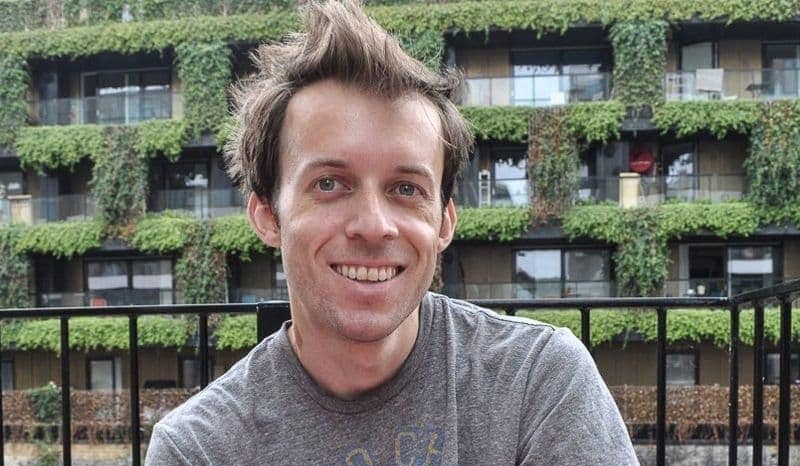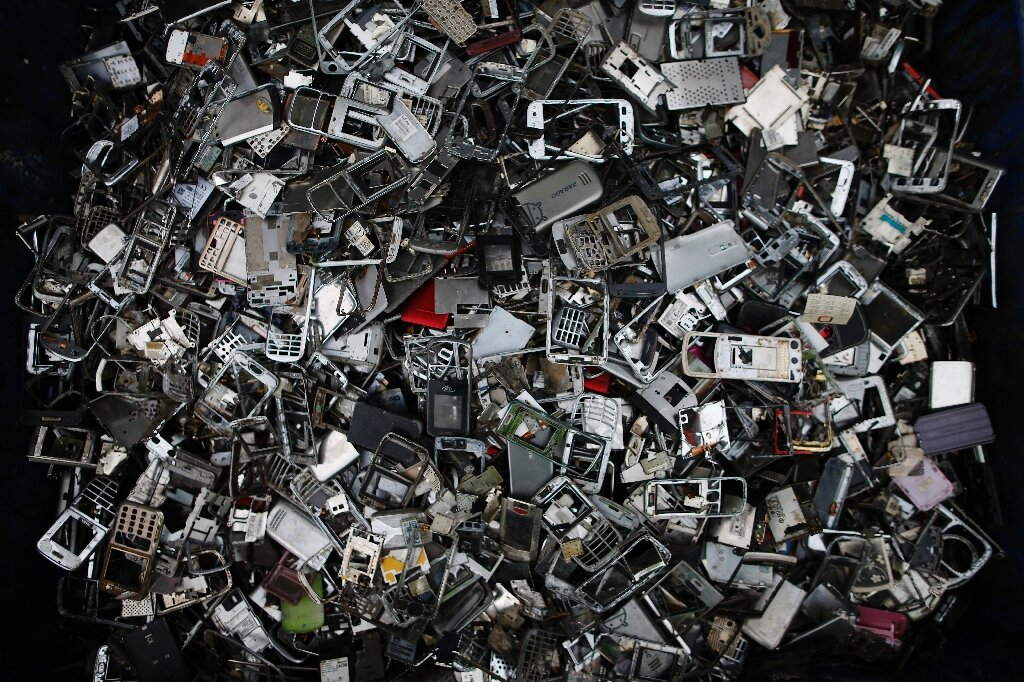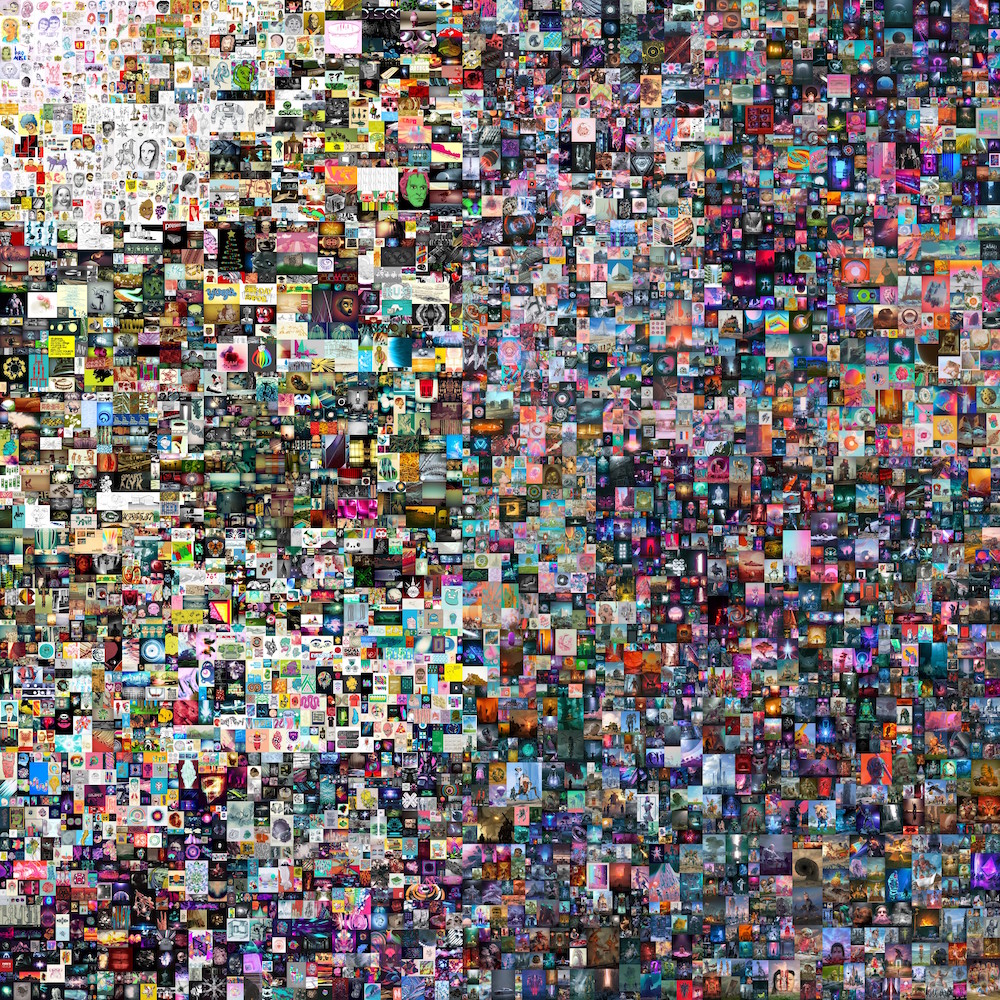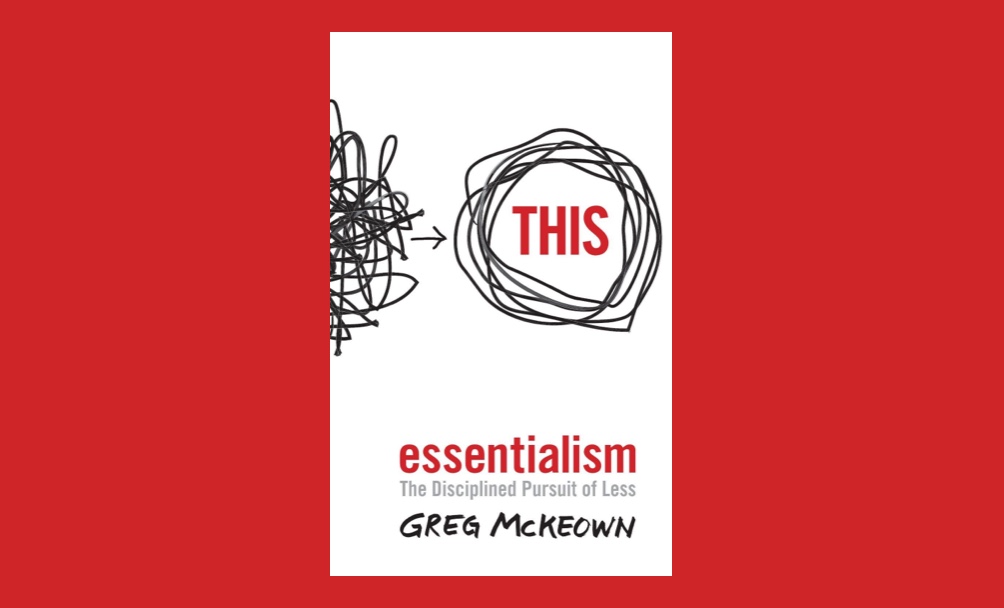|
We need to do less, but better
|
The past month has been full of great things as we head into spring. Here at Wholegrain, we celebrated our 14th business birthday. Yay! We also launched the Better Business Act website with B Lab UK, encouraging the UK government to help make consideration for people and planet the norm, not the exception. Do pledge your companies’ support for a greener, fairer future for us all.
Today is Earth Day, and what better way to celebrate than to share our April newsletter with our usual round-up of the latest actions our industry is taking on an ongoing basis to protect the future of our planet? This month I have been struck by the theme that instead of doing more, being more mindful about digital consumption can yield better results. Perhaps, as they say, if we focus on where we can have the most impact, less is indeed more.
If you, or anyone you know, is interested in joining our team, we are still recruiting! We have two design vacancies, one for a UX/UI Designer, and one for a Contract Designer, as well as a Client Focused WordPress Developer role, so do check out/pass on those roles to anyone who might be interested.
Until next time,
– Tom Greenwood |
|
|
Top picks from the green web
|

Meet the man taking on Google
|
Marko Saric is one half of the team behind Plausible, the privacy friendly, open-source, cookie free analytics tool taking on Google Analytics. Together with his partner Uku Taht, he co-founded Plausible in 2020 after ten years in marketing, bringing a fresh, unusually conscious approach to the industry. Because of their focus on privacy, they inadvertently built a lightweight tool that is also better for the environment. This makes it an excellent choice for those organisations wanting to respect the needs of both people and planet.
At Wholegrain, we do currently use Google Analytics in most cases, partly because we “think” we need features not available in other services, and partly because we haven’t managed to persuade our clients otherwise. But that is changing, slowly, and I truly hope that we can make tools like Plausible the norm and not the exception.
|
|

Big tech steps up to tackle e-waste crisis
|
We’ve talked before in this newsletter about the ever growing problem of electronic waste, and the challenge of tackling this against the reality of the working world where we need working smartphones and laptops to function effectively. The biggest issue here is the short lifespan of many tech products, meaning even the most conscious of us still need to replace tech more often than we’d like.
In 2019, the UN recorded more than 50 million tonnes of e-waste going to landfill. That’s why I’m pleased to see big tech companies like Cisco and Dell pledging to tackle the issue by embracing a more circular economy…by 2030. At the moment the focus still seems to be on creating recycled and renewable products, where I’d prefer to see steps that extend product life and increase repair-ability. However, it’s still a step in the right direction, even if it is somewhat slow and vague.
|
|

NFTs and the climate conscious artist
|
Thinking about the digital carbon footprint of art is a very recent phenomenon. In the past, climate conscious artists like Joanie Lemercier brought it to the art world’s attention with his activism, including tracking down his carbon footprint and reducing it by 10% each year. Until 2020. With the emergence of nonfungible tokens – or NFTs – as the next ‘big thing’ in the art world, no doubt greatly influenced by lockdown where artists are not able to interact with buyers in person and exhibit at galleries, artists not getting in on this medium are missing a trick.
However, the environmental cost is huge. With Lemercier’s first NFT, the sale is reported to have consumed 8.7 megawatt-hours of energy, thereby negating all his hard work at working more sustainably. Lemercier cancelled any further NFT sales, but other artists are reluctant to miss out on the potential returns.
I think this highlights the ongoing challenge we have in digital, that while digital services in themselves tend to be more efficient than their physical equivalents on a like for like basis, the digital format accelerates demand and results in us consuming more, not less. It seems we are trapped in the Jevons paradox.
|
|
|
|
|
“If you believe in something or have a strong opinion, take a stand and be upfront and honest about it.”
|
Marko Saric
|
|

Essentialism by Greg McKeown
|
This is a book that makes you think differently. It is a book that you listen to but you want it on your shelf.
Essentialism is a practice. It is a practice of eliminating the non-essential from all aspects of your life. This book makes you think about being more focused on your goals, your boundaries and your whole way of life. By doing ‘less but better’.
Stuffocation was a book that changed my outlook about material possessions. For the better. Essentialism has had the same effect on my purpose and the choices I make across all aspects of my life.
To practice as an essentialist, it is about focusing on what is important right now and what we can do to make an impact. For businesses with sustainability at the heart of what they do, who want to make an impact, I cannot recommend this book enough.
– Eve Bell, founder of Baba+Boo
|
|
|
|
|
Quick links from our team & friends
|
-
We were excited to hear that we have been featured not once, not twice, but several times, in the BIMA Sustainability Council’s ‘Green pages‘ (think yellow pages, but digital sustainability focused)!
-
Our friends at Mightybytes are updating their pioneering Ecograder tool and want YOUR feedback. Fill in the survey here.
-
Following on from the conversation about NFTs, this art website challenges artists to think carefully about how to make the art world’s online activity more sustainable.
-
I was pleased to see that Google Cloud has committed to sharing data with its customers that shows how much of the energy used to power its datacentre regions comes from renewable sources, which will help businesses to make informed decisions about how best to host their work more sustainably
-
It was a real honour last month when Vineeta was invited to speak to Wired magazine to share our thoughts on digital sustainability.
-
I’m pleased to see that the fashion world is paying more attention to digital sustainability, with some big brands doing well on their low carbon website scores.
-
This month, I wrote a blog for Attention Insight about sustainable web design and how attention analysis tools can help us to create more eco-friendly websites.
-
Inspired by the launch of the Better Business Act, I wrote about why we need to do better than the sociopathic business as usual.
-
Do you stream your videos in HD on your phone? Did you know this generates four time more C02 into the atmosphere? Well, there is a solution – find out how to stream in ED (Earth Definition) instead.
-
It’s been a busy month for podcasts for me – spreading the word about digital sustainability with an interview with A New Digital Responsibility and another for Constant Variables.
-
We are loving this collection of tips, tools and resources for eco-conscious digital designers.
|
|
|